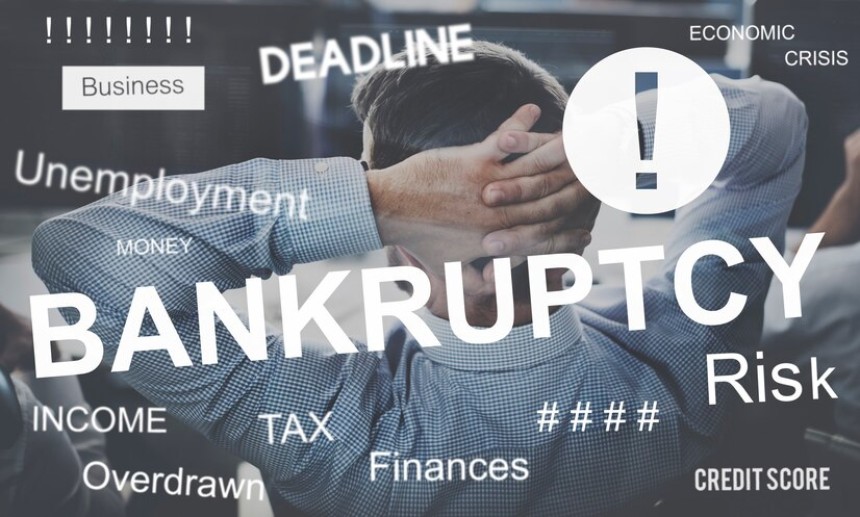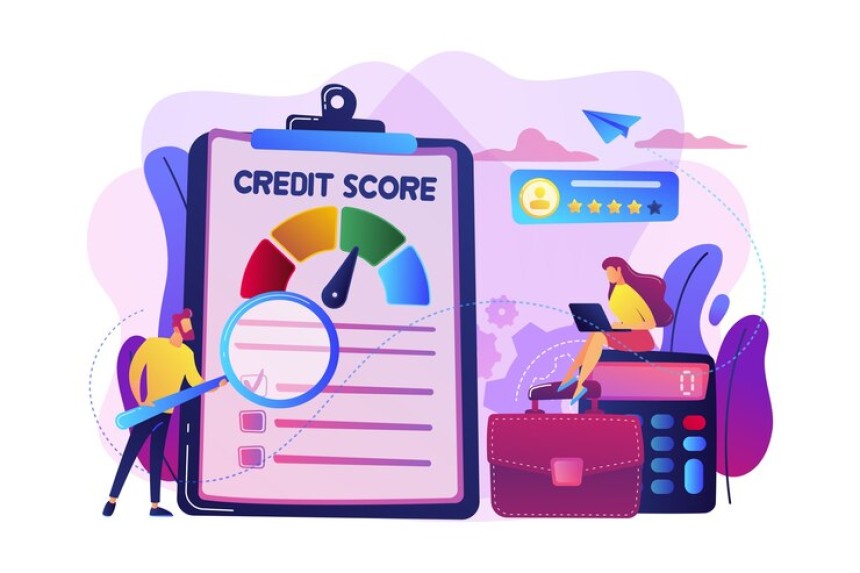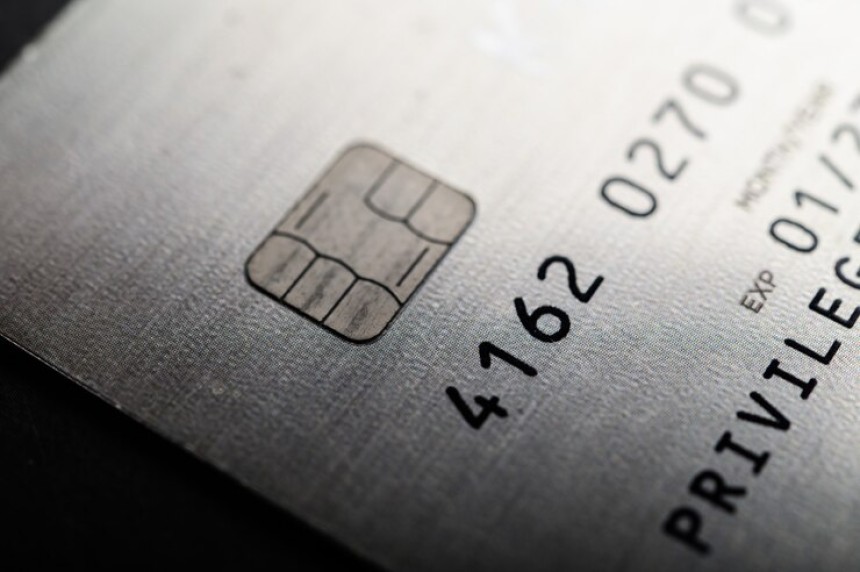
How Do I Get A Personal Loan After Bankruptcy?
Yes, it is possible to get a personal loan after bankruptcy. Whether your fresh out of Chapter 7 or Chapter 13 there are options for you.
How to Get a Personal Loan After Bankruptcy
Bankruptcy can be a challenging and life-altering experience, often leading individuals to seek ways to rebuild their financial standing. One of the steps in this recovery process might involve obtaining a personal loan. While getting a loan after bankruptcy can be difficult, it is not impossible. This guide provides an in-depth look at how you can secure a personal loan after bankruptcy, including understanding your credit situation, exploring loan options, and improving your chances of approval.
Understanding Bankruptcy and Its Impact on Your Credit
Bankruptcy is a legal process designed to help individuals or businesses unable to repay their outstanding debts. There are different types of bankruptcy, with Chapter 7 and Chapter 13 being the most common for individuals.
- Chapter 7 Bankruptcy: Often referred to as liquidation bankruptcy, this type involves the sale of a debtor’s non-exempt assets to pay off creditors. After the assets are sold and debts are discharged, the debtor is usually relieved from most of their unsecured debts.
- Chapter 13 Bankruptcy: Known as a reorganization bankruptcy, Chapter 13 allows debtors to create a repayment plan to pay off a portion or all of their debts over a period of three to five years. After completing the plan, any remaining unsecured debts are typically discharged.
The primary impact of bankruptcy on your credit is a significant reduction in your credit score. A bankruptcy filing can remain on your credit report for up to 10 years, depending on the type of bankruptcy filed. This long-term record can make obtaining new credit, including personal loans, challenging.
Assessing Your Financial Situation
Before applying for a personal loan after bankruptcy, it’s crucial to assess your financial situation and understand where you stand. Here are steps to help you prepare:
- Review Your Credit Report: Obtain a copy of your credit report from major credit bureaus (Experian, Equifax, and TransUnion). Verify that the bankruptcy is reported accurately and check for any errors or inaccuracies that could affect your creditworthiness.
- Understand Your Credit Score: Your credit score plays a significant role in loan approval. After bankruptcy, your score will likely be low, but knowing your exact score helps you understand what types of loans you might qualify for.
- Evaluate Your Financial Health: Analyze your current income, expenses, and debts. Ensure that you have a stable income and manageable expenses, as lenders will assess your ability to repay the loan based on these factors.
- Establish a Budget: Create a budget that includes potential loan payments. This will help you understand how much you can afford to borrow and how the loan payments will fit into your financial plan.
Building Your Credit Profile
While rebuilding your credit after bankruptcy takes time, there are steps you can take to improve your credit profile and increase your chances of loan approval:
- Make Timely Payments: Ensure that all your bills, including any new credit accounts, are paid on time. Timely payments are crucial for rebuilding your credit history.
- Open Secured Credit Accounts: Consider applying for a secured credit card or a credit builder loan. These accounts require a deposit or collateral but can help rebuild your credit if managed responsibly.
- Keep Credit Utilization Low: Maintain a low credit utilization ratio by keeping your credit card balances low relative to your credit limits. This shows lenders that you can manage credit effectively.
- Monitor Your Credit Regularly: Regularly check your credit reports and scores to track your progress and ensure there are no errors affecting your creditworthiness.
Exploring Loan Options
After assessing your financial situation and working on improving your credit, you can start exploring loan options. Here are some potential avenues for securing a personal loan after bankruptcy:
- Traditional Lenders: Banks and credit unions may offer personal loans, but their approval criteria can be stringent, especially after bankruptcy. If you have a good relationship with your bank or credit union, consider discussing your situation with them.
- Online Lenders: Many online lenders specialize in providing loans to individuals with less-than-perfect credit. These lenders may have more flexible requirements but be cautious of higher interest rates.
- Peer-to-Peer Lending: Platforms like Lending Club or Prosper connect borrowers with individual investors. These loans might be an option if you have a solid income and a plan for repayment.
- Subprime Lenders: Subprime lenders cater to individuals with poor credit. While they may offer loans to those with a bankruptcy, they often come with higher interest rates and less favorable terms.
- Secured Loans: If you have valuable assets, you might consider a secured personal loan. These loans require collateral, such as a car or savings account, which can reduce the lender’s risk and potentially lead to better terms.
Improving Your Chances of Loan Approval
To increase your chances of getting a personal loan after bankruptcy, consider the following strategies:
- Provide a Strong Explanation: When applying for a loan, be prepared to explain the circumstances that led to your bankruptcy and how you’ve addressed your financial situation since then. Demonstrating responsible financial behavior can help convince lenders of your reliability.
- Offer a Co-Signer: If possible, have a co-signer with good credit apply with you. A co-signer agrees to take on the responsibility of the loan if you default, which can improve your chances of approval and potentially secure better loan terms.
- Consider a Smaller Loan Amount: Applying for a smaller loan amount can increase your chances of approval and make it easier to manage the repayment. Lenders may be more willing to extend credit for a lower amount.
- Provide Documentation: Be prepared to provide detailed documentation of your income, employment, and financial stability. Lenders will want to see that you have the ability to repay the loan.
- Improve Your Debt-to-Income Ratio: Reducing existing debt or increasing your income can improve your debt-to-income ratio, making you a more attractive borrower.
Understanding Loan Terms and Conditions
When you’re offered a personal loan, it’s important to carefully review the terms and conditions before accepting. Here are key aspects to consider:
- Interest Rates: Understand the interest rate and whether it is fixed or variable. A fixed-rate loan provides predictable payments, while a variable rate can change over time.
- Fees and Charges: Be aware of any fees associated with the loan, such as origination fees, prepayment penalties, or late fees. These can impact the overall cost of the loan.
- Repayment Terms: Review the repayment schedule, including the loan term and monthly payment amount. Ensure that the payments fit within your budget and that you understand the total cost of the loan.
- Prepayment Options: Check if there are penalties for paying off the loan early. Some loans have prepayment penalties that can affect your ability to save on interest.
- Lender Reputation: Research the lender’s reputation and read reviews from other borrowers. Ensure that the lender is reputable and transparent about their loan terms.
Applying For A Loan
Securing a personal loan after bankruptcy is challenging but achievable with careful planning and preparation. By understanding your credit situation, exploring various loan options, and taking steps to improve your credit profile, you can increase your chances of obtaining a loan and rebuilding your financial stability.
The key to success is persistence and patience. Bankruptcy is a significant financial event, but it doesn’t define your future. By demonstrating responsible financial behavior and working with lenders who are willing to offer second chances, you can work towards achieving your financial goals and regaining control over your financial future.
Remember, before taking on new debt, it’s important to evaluate your ability to manage loan payments within your budget. Responsible borrowing and repayment will not only help you achieve your immediate goals but also contribute to long-term financial health and stability.





